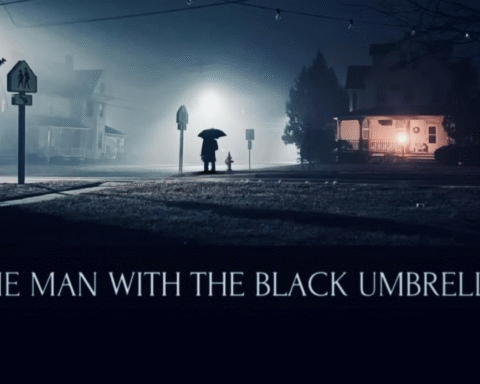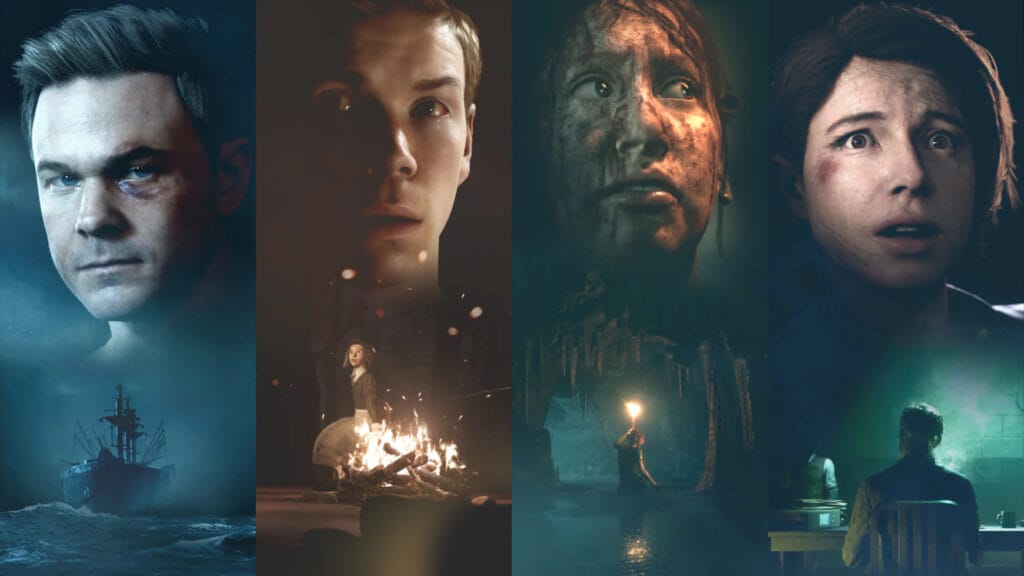“RoboCop: Rogue City” is a video game adaptation of the iconic “RoboCop” franchise, which has long captivated audiences with its unique blend of action, satire, and dystopian themes. Developed by Teyon and published by Nacon, the game was highly anticipated by fans who hoped to experience the gritty world of RoboCop through a modern gaming lens. However, despite the hype and the potential, “RoboCop: Rogue City” has left many, including myself, with a sense of disappointment. This article will delve into the game mechanics, storyline, and characters, and explain why the game fails to live up to its promise, particularly due to its lack of rhythm and dated commands, even on the advanced PlayStation 5 platform. Additionally, we will compare the game to the original movie and the novelization to highlight where it diverges and falls short. Furthermore, we’ll explore the deeper satirical elements attempted by the game, as well as look back at the vintage RoboCop arcade games and other adaptations, including the RoboCop TV series.
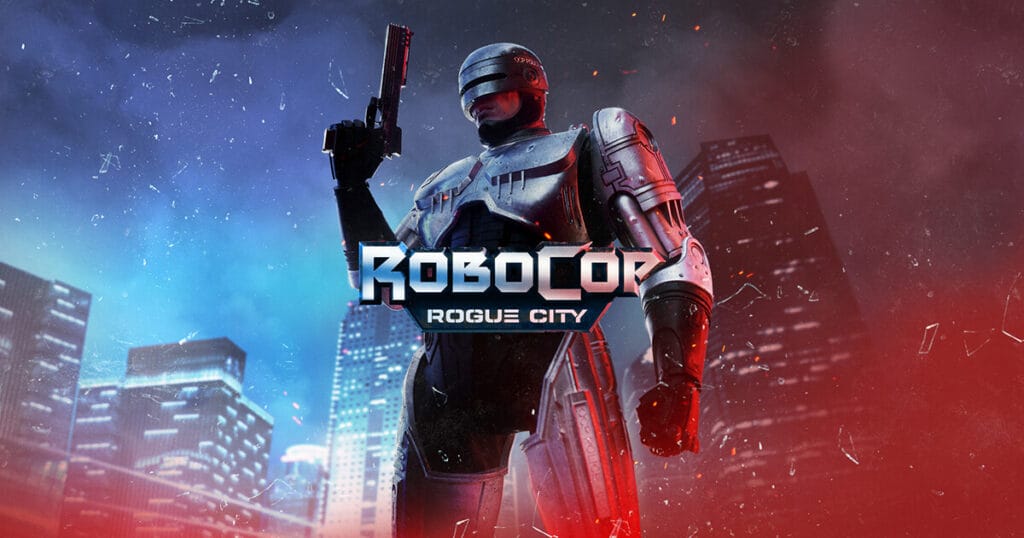
Game Mechanics
Combat System
Weapons and Combat Dynamics
At the heart of “RoboCop: Rogue City” lies its combat system, which is pivotal to the player experience. The game places you in the shoes of Alex Murphy, aka RoboCop, allowing you to wield an array of weapons ranging from the iconic Auto-9 pistol to more substantial armaments like machine guns and grenade launchers. Each weapon comes with its unique attributes, catering to different combat scenarios and player preferences.
However, despite the variety, the combat dynamics feel outdated. Aiming and shooting lack the fluidity expected from modern first-person shooters, especially those on high-end consoles like the PS5. The sluggish response time in aiming and the lack of a satisfying recoil or impact when firing make gunfights feel lackluster. This is compounded by enemy AI that is disappointingly simplistic, often making predictable movements and lacking tactical depth, which reduces the challenge and engagement that one would expect from a game in this genre.
Tactical Options
RoboCop’s tactical abilities, such as his scanning mode that highlights enemies and objectives, are intended to provide strategic depth to combat. However, these features, while interesting in concept, are poorly executed. The scanning mode, for instance, feels more like a gimmick than a genuinely useful tool, as its implementation is often more frustrating than helpful. The game lacks a seamless integration of these tactical options into the core gameplay loop, resulting in a disjointed experience.
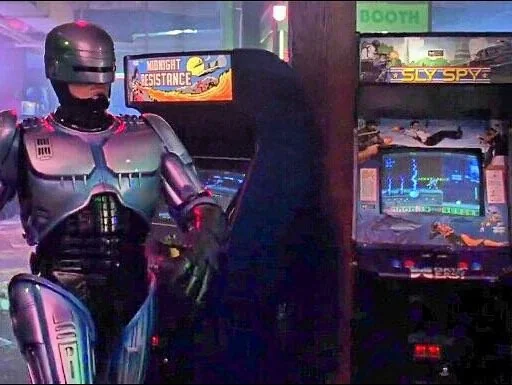
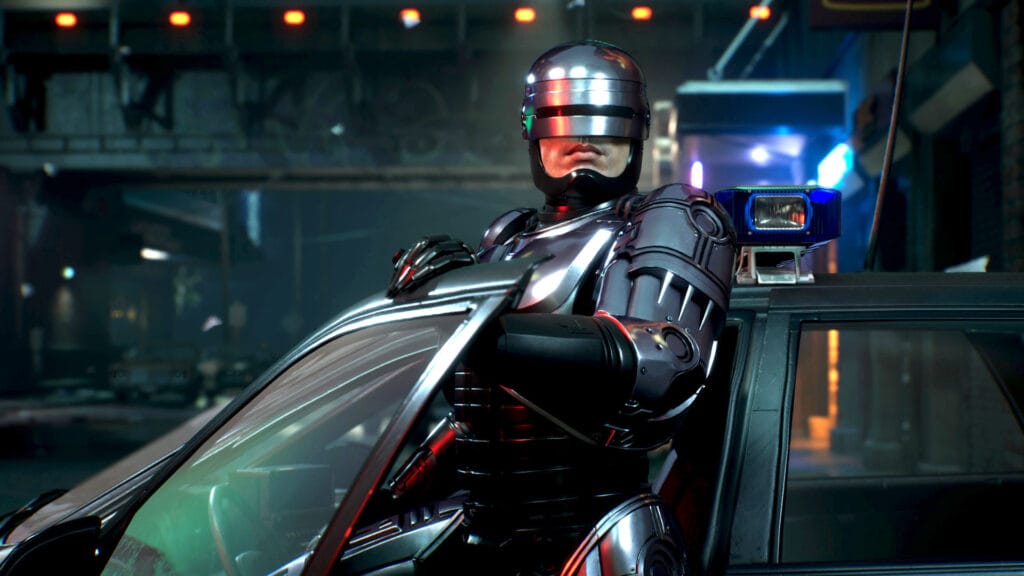

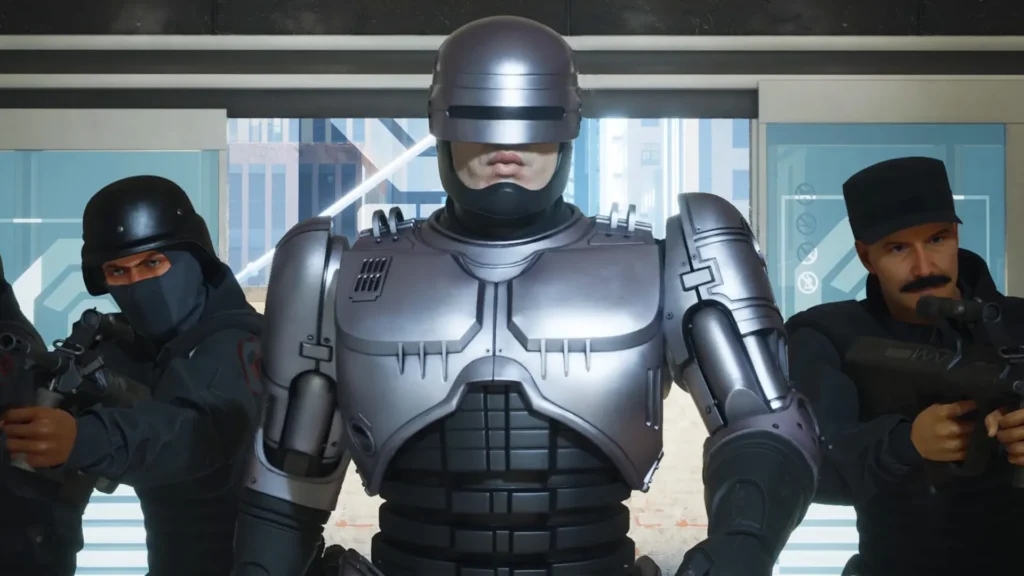
Exploration and Interaction
Environmental Design
The game’s setting in the dystopian streets of Detroit offers a visually striking backdrop. The environments are detailed, capturing the gritty, decayed aesthetic of a city plagued by crime and corporate exploitation. However, the visual design is where the praise mostly ends. The exploration of these environments is hampered by their static nature. Unlike other modern open-world games that offer dynamic, interactive worlds, “RoboCop: Rogue City” presents a city that feels more like a series of dioramas than a living, breathing entity.
NPC Interactions and Side Missions
Interactions with NPCs are a crucial aspect of any immersive game world. In “RoboCop: Rogue City,” these interactions are disappointingly shallow. Conversations with NPCs are often limited to static, unengaging dialogues that offer little in terms of depth or character development. Side missions, which should provide additional layers to the main narrative, feel like afterthoughts. They are often repetitive and lack the creativity and complexity needed to make them worthwhile diversions from the main plot.

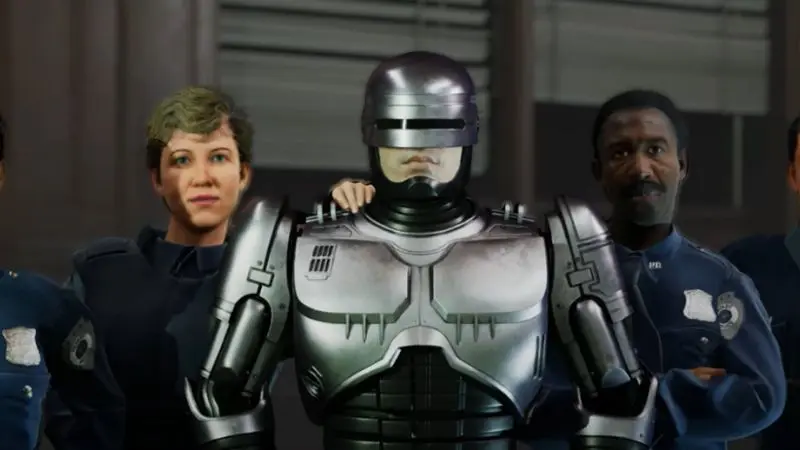

Storyline
Plot Overview
The storyline of “RoboCop: Rogue City” is set in the familiar dystopian future of Detroit, where crime is rampant, and corporate greed runs unchecked. The player follows Alex Murphy, a former police officer turned cyborg, as he uncovers a conspiracy that threatens the city. The narrative draws heavily from the original “RoboCop” movie and its subsequent novelizations, bringing in familiar characters and exploring themes of humanity, identity, and corporate corruption.
Pacing and Structure
Despite the rich source material, the game’s storytelling is marred by poor pacing and an uneven structure. Key plot points are rushed, with minimal buildup or resolution, leading to a fragmented and unsatisfying narrative experience. The story attempts to balance action sequences with investigative segments, but neither is executed well enough to maintain a cohesive flow. This lack of rhythm in the storytelling makes it difficult for players to become fully invested in the plot or the characters.
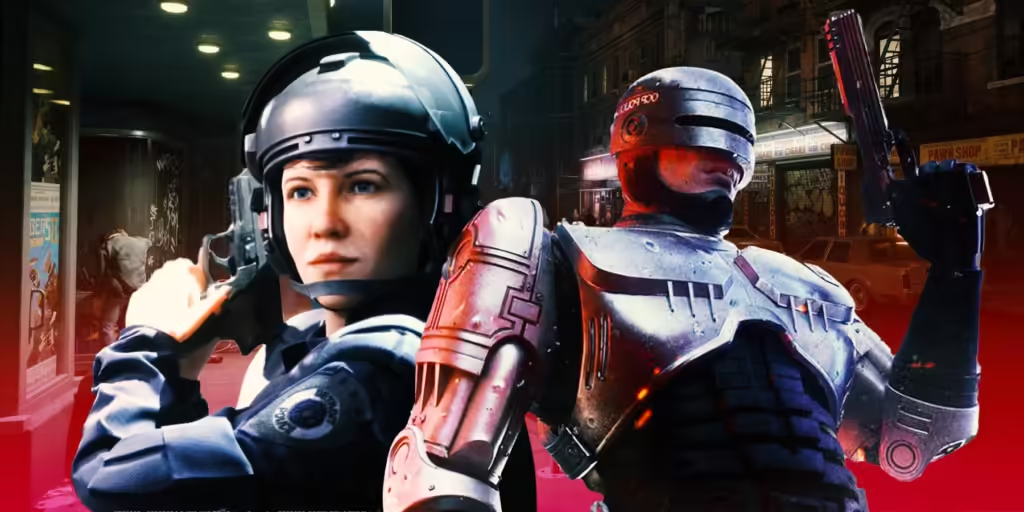
Characters
Alex Murphy / RoboCop
The protagonist, Alex Murphy, is a complex character torn between his human past and his cyborg present. The game attempts to delve into his internal struggle, but it falls short due to shallow writing and lack of character development. Players are given glimpses of Murphy’s humanity through flashbacks and brief emotional moments, but these are not enough to create a compelling character arc.
Anne Lewis
Anne Lewis, Murphy’s former partner, plays a significant role in the story. She serves as a moral anchor for RoboCop, reminding him of his human side. Unfortunately, her character is not given enough screen time or depth, reducing her to a mere plot device rather than a fully realized character.
Dr. Norton
Dr. Norton, the scientist responsible for Murphy’s transformation into RoboCop, is another pivotal character. His ethical dilemmas and conflicting loyalties could have provided rich narrative material, but the game glosses over these aspects, leaving him underutilized.
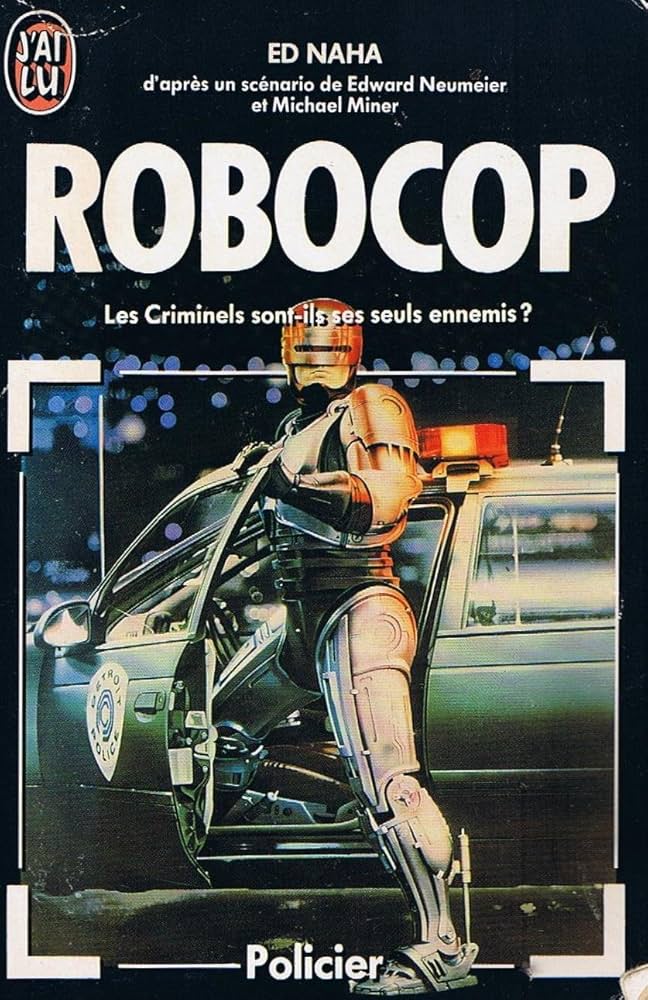
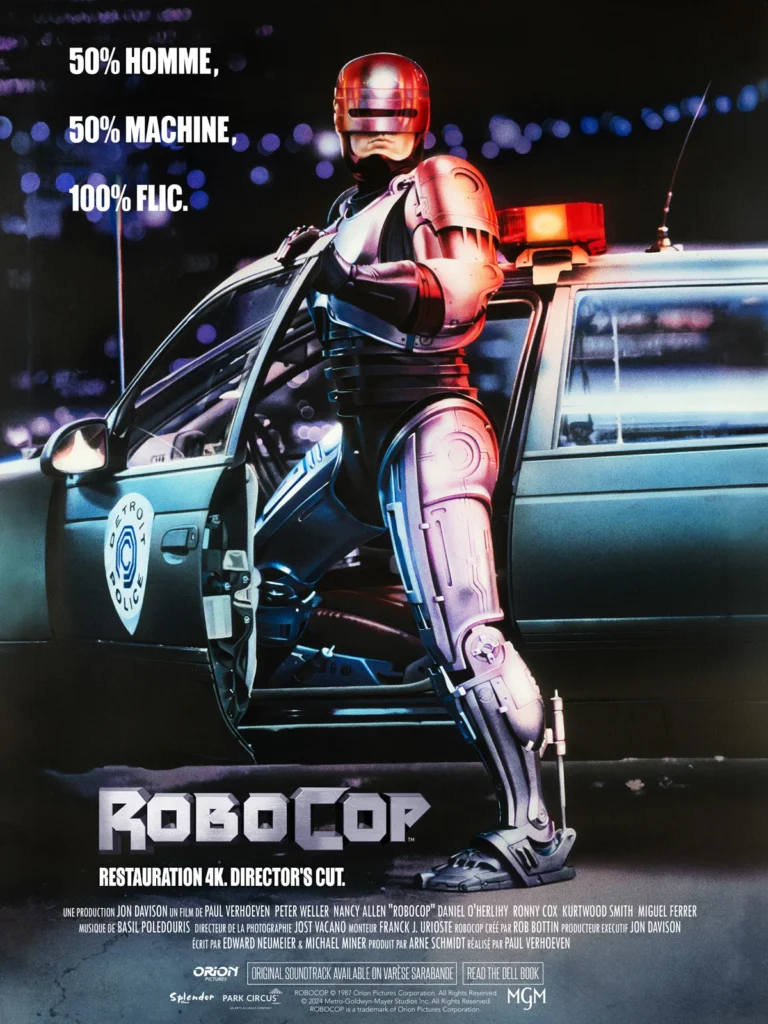
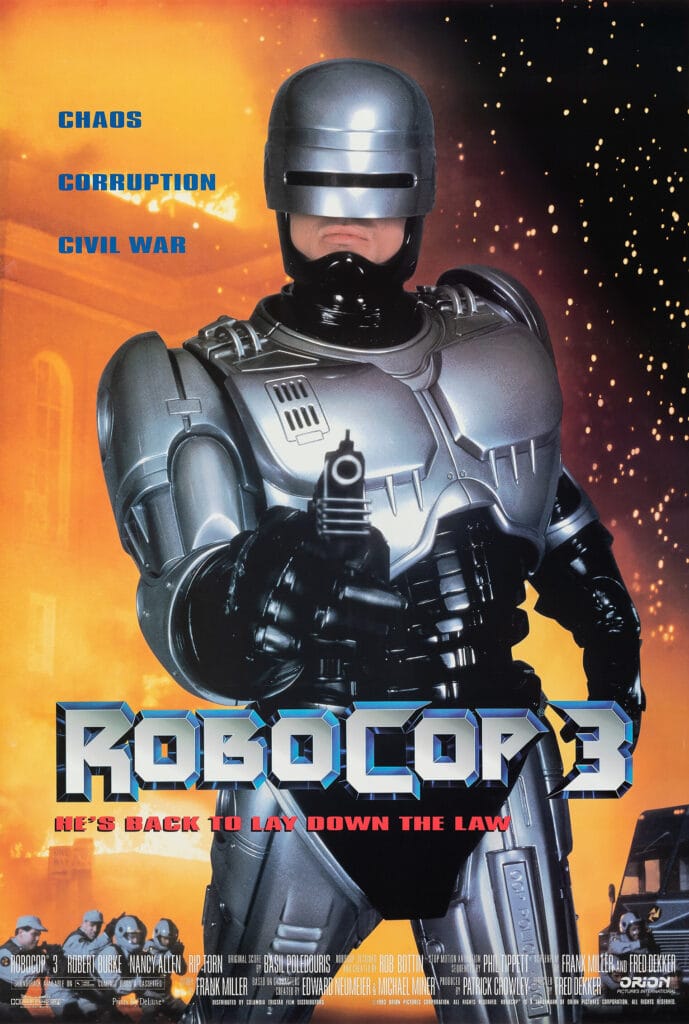
Comparison to Original Movie and Novel
The Original Movie
The original “RoboCop” movie, directed by Paul Verhoeven, is a sci-fi classic known for its sharp satire, intense action, and thought-provoking themes. The movie expertly balances visceral action with social commentary, creating a gripping narrative that explores the nature of humanity and the dangers of unchecked corporate power.
The film’s narrative is tightly woven, with a clear progression and development of both the plot and the characters. Alex Murphy’s transformation into RoboCop is depicted with emotional depth, showing his struggle to retain his humanity amidst the dehumanizing aspects of his new existence. The movie’s pacing is impeccable, maintaining a rhythm that keeps the audience engaged from start to finish.
The Novelization
The novelizations of “RoboCop” expand on the movie’s themes, providing deeper insights into the characters’ thoughts and motivations. The books delve into Murphy’s psychological struggle, his sense of loss, and his quest for justice in a corrupt world. The additional detail in the novelization allows for a richer exploration of the story’s themes and characters, making it a valuable companion to the film.
Divergence and Shortcomings of the Game
“RoboCop: Rogue City” tries to capture the essence of its predecessors but fails to achieve the same level of impact. The game’s narrative lacks the sharp wit and emotional depth of the movie, and the characters are not as compelling or well-developed as in the novel. The result is a story that feels superficial and disconnected from the rich lore of the franchise.
The game’s pacing issues and lack of character development stand in stark contrast to the original movie’s tight narrative and emotional depth. Where the movie and novel succeed in creating a cohesive and engaging story, the game falters, resulting in a fragmented and unsatisfying experience.

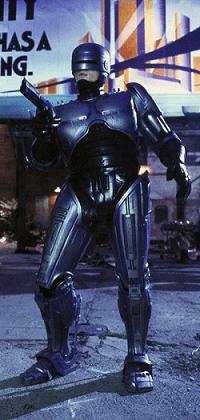
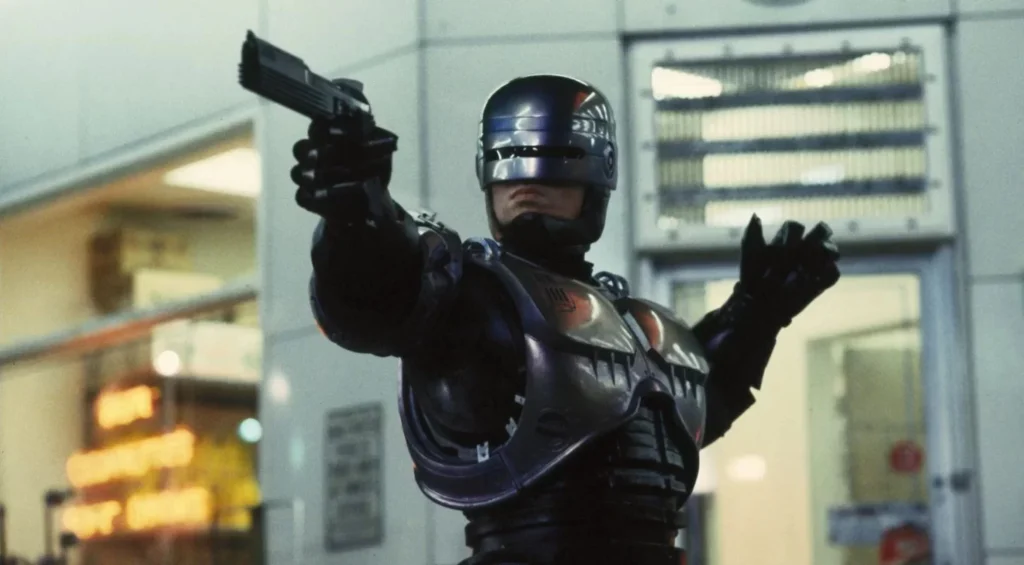
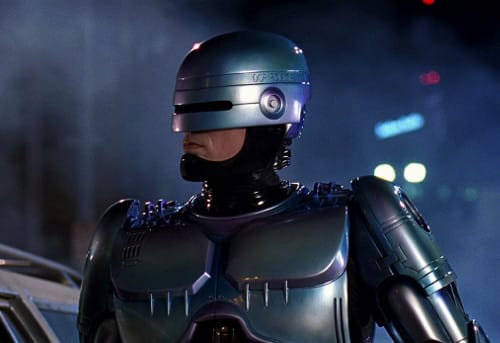
Disappointment and Critique
Lack of Rhythm
One of the most significant issues with “RoboCop: Rogue City” is its lack of rhythm. The game’s pacing is uneven, with long stretches of monotonous gameplay interspersed with brief moments of action. The investigative segments, intended to break up the combat and add variety, often feel like tedious chores rather than engaging challenges.
The lack of rhythm extends to the storytelling as well. Plot developments occur in sudden bursts, with little buildup or resolution. This disjointed narrative structure makes it difficult to become fully invested in the story or the characters.
Dated Commands
Another major disappointment is the game’s controls, which feel dated even on the advanced hardware of the PS5. The sluggish aiming, clunky movement, and unresponsive interactions make the gameplay frustrating and unenjoyable. Modern gamers are accustomed to smooth, intuitive controls, and “RoboCop: Rogue City” fails to meet these expectations.
The game also suffers from technical issues, including frequent frame rate drops, glitches, and long loading times. These problems further detract from the overall experience, making it feel more like a game from a previous generation rather than a cutting-edge PS5 title.
Technical Issues
Technical performance is a crucial aspect of any modern game, particularly those on next-gen consoles. Unfortunately, “RoboCop: Rogue City” is plagued by a host of technical issues that severely impact the gameplay experience. Frame rate drops are frequent, especially during intense combat sequences, causing the action to feel stuttered and disjointed. Glitches and bugs are also common, ranging from minor graphical hiccups to more serious issues that can disrupt gameplay or cause crashes.
These technical shortcomings are particularly disappointing given the power of the PS5. Players expect a smooth and seamless experience on such advanced hardware, and “RoboCop: Rogue City” fails to deliver in this regard. The frequent loading times are another major issue, breaking the immersion and adding to the overall sense of frustration.
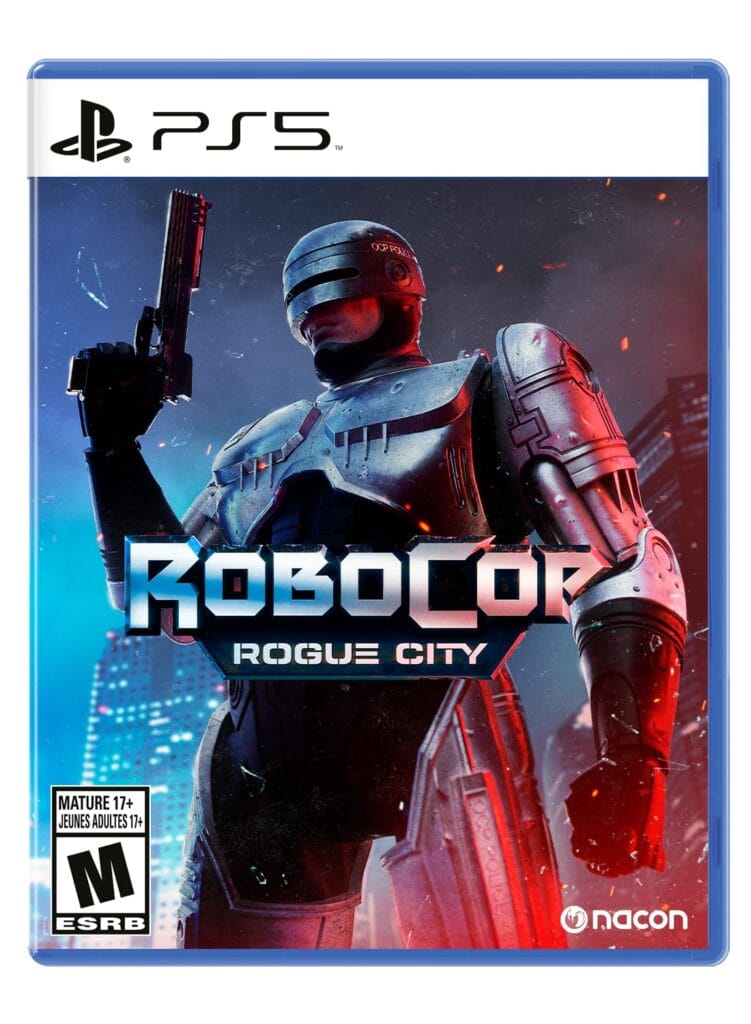
Deeper Satirical Elements
Attempted Satire
One area where “RoboCop: Rogue City” does attempt to stay true to the spirit of the original film is in its use of satire. The game includes several moments that aim to critique corporate greed, the privatization of public services, and the dehumanizing effects of technology. These themes are woven into the narrative and the game’s world, echoing the sharp social commentary of the original movie.
Execution and Impact
However, the execution of these satirical elements is uneven. While the game makes an effort to incorporate social commentary, it often feels heavy-handed and lacks the wit and subtlety of the original film. The satire in “RoboCop: Rogue City” comes across as superficial, missing the mark in terms of impact and resonance.
The original “RoboCop” movie is renowned for its sharp and biting satire, which critiques various aspects of society through clever dialogue and visual storytelling. The game, on the other hand, struggles to achieve the same level of sophistication, resulting in a less impactful commentary on contemporary issues.
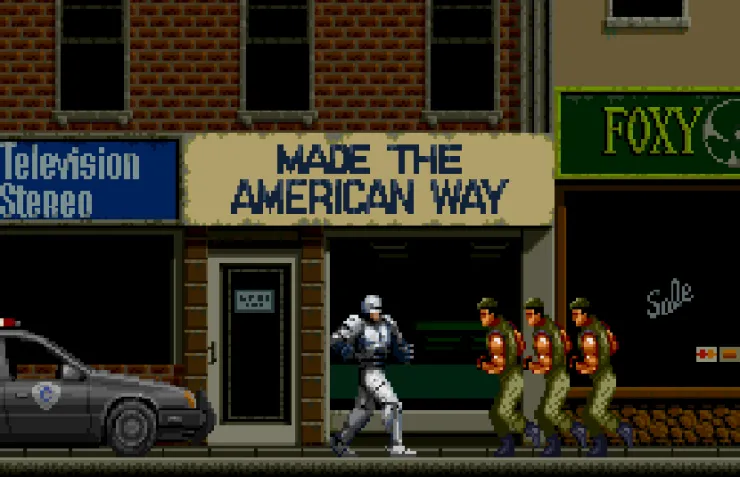
Vintage RoboCop Arcade Games and Other Adaptations
RoboCop Arcade Games
Early Success and Gameplay
The RoboCop franchise has a long history in the gaming world, with several arcade games released in the late 1980s and early 1990s. The first “RoboCop” arcade game, developed by Data East in 1988, was a side-scrolling shooter that quickly gained popularity due to its engaging gameplay and faithful adaptation of the movie’s themes and aesthetics.
Players controlled RoboCop as he fought his way through various levels filled with enemies, utilizing a variety of weapons and abilities. The game was notable for its challenging difficulty and addictive gameplay, capturing the essence of the RoboCop character and his relentless battle against crime.
Subsequent Releases and Legacy
Following the success of the original arcade game, several sequels and adaptations were released for various platforms, including home consoles and handheld devices. These games varied in quality and innovation, but they maintained a consistent focus on action-packed gameplay and the iconic imagery of RoboCop.
Despite the limitations of the technology at the time, these vintage RoboCop games managed to capture the excitement and intensity of the character’s battles against crime. They remain fondly remembered by fans and are considered classics in the realm of arcade gaming.

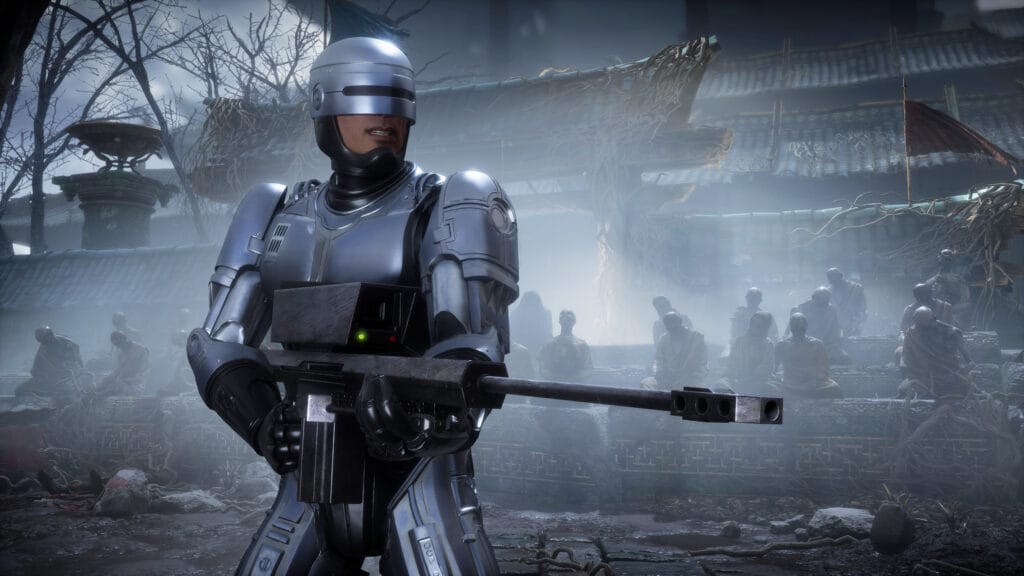
RoboCop TV Series
“RoboCop: The Series” (1994)
In addition to video games, the RoboCop franchise also ventured into television with “RoboCop: The Series,” which aired in 1994. The show aimed to expand on the universe established by the movies, following RoboCop as he continues to fight crime in Detroit while grappling with his dual identity as a human and a cyborg.
While the series retained some of the thematic elements of the original film, it was toned down for a broader audience, resulting in a less violent and more family-friendly adaptation. The show received mixed reviews, with some praising its attempt to explore new stories within the RoboCop universe, while others criticized its departure from the darker, grittier tone of the movies.
“RoboCop: Prime Directives” (2001)
Another notable TV adaptation is “RoboCop: Prime Directives,” a miniseries that aired in 2001. This series aimed to provide a more mature and complex narrative, focusing on RoboCop’s struggle to reconcile his human memories with his robotic nature. “Prime Directives” received mixed reviews, with some appreciating its darker tone and deeper character exploration, while others found it lacking in the action and excitement that defined the original movies.
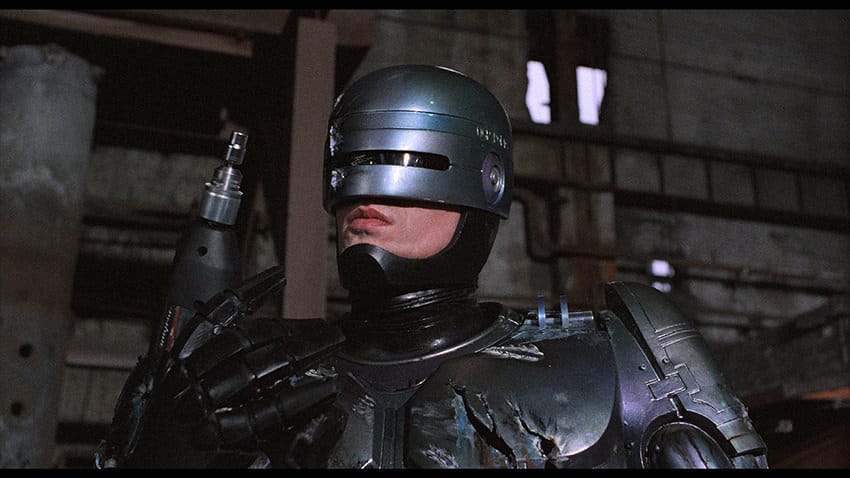
Robotic Aftermath
“RoboCop: Rogue City” had the potential to be a standout addition to the RoboCop franchise, offering fans an immersive and engaging experience in the iconic dystopian world. However, the game falls short in several critical areas, including its clunky mechanics, lack of rhythm, and underdeveloped characters. The narrative, while drawing from rich source material, fails to capture the emotional depth and thematic complexity of the original movie and novel.
The game’s dated commands and technical issues further detract from the experience, making it feel like a product from a previous generation rather than a cutting-edge title for the PS5. For fans of RoboCop, the game may offer some nostalgic elements and familiar characters, but it ultimately does not do justice to the iconic franchise.
Despite its flaws, “RoboCop: Rogue City” does attempt to incorporate deeper satirical elements and stay true to the spirit of the original film. However, the execution of these elements is uneven, resulting in a less impactful commentary on contemporary issues. The game also struggles with technical performance, including frequent frame rate drops, glitches, and long loading times, which break immersion and add to the overall sense of frustration.
As a long-time fan of RoboCop, I had high hopes for “RoboCop: Rogue City.” However, the game’s lack of rhythm, dated mechanics, and technical shortcomings left me feeling frustrated and disappointed. While it is clear that the developers had a genuine love for the source material, the final product does not live up to the legacy of RoboCop. For those looking to relive the glory of RoboCop, I would recommend revisiting the original movie or novel rather than playing this game.


